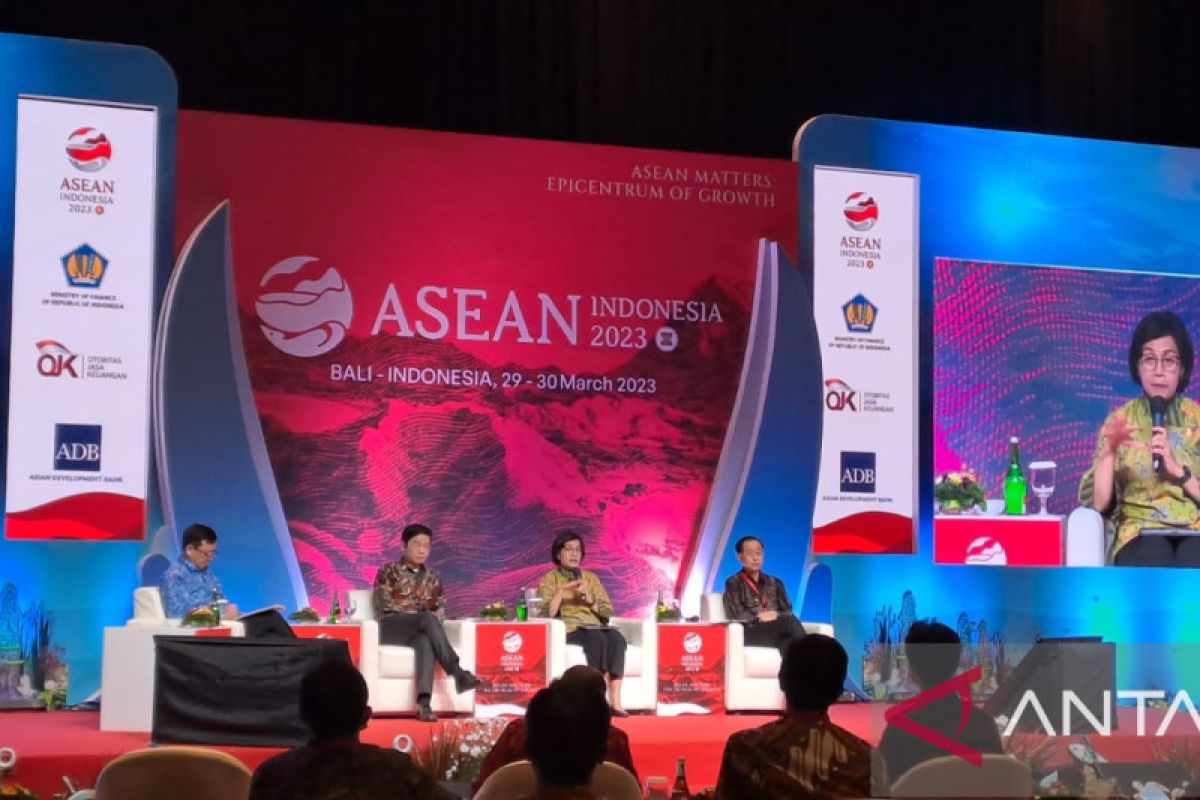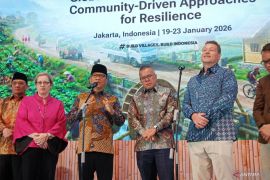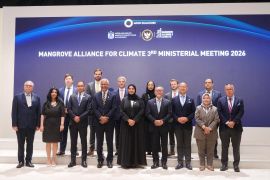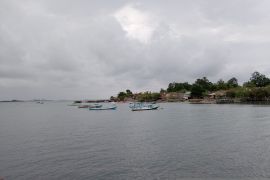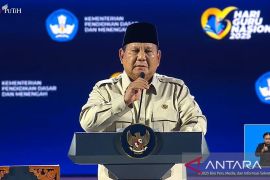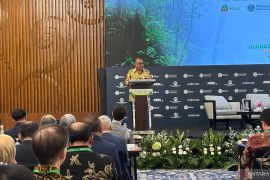This requirement is for financing the Nationally Determined Contribution (NDC) commitment, which has been translated into programs, policies, and projects.
Moreover, the biggest portion of this financing is for the energy sector, she said.
Thus, ever since its G20 Presidency last year, Indonesia has announced the Energy Transition Mechanism (ETM) platform, which has been developed with the support of Asian Development Bank (ADB) and international partners.
The minister said that the issue of climate change has become a serious consideration globally, including for countries in the ASEAN region.
Each country has a commitment to reduce CO2 emissions to handle climate change through the NDC.
The NDC is a document that contains a country's climate action and commitment communicated to the world through the United Nations Framework Convention on Climate Change (UNFCCC).
Indonesia, as the largest country in ASEAN, has also committed to reducing CO2 emissions by increasing its NDC target.
The country is aiming to slash CO2 emissions by 31.89 percent through its own efforts and resources by 2060, compared to 29 percent earlier.
However, with the help of global efforts and support, Indonesia expects to cut CO2 emissions by 43.2 percent during the same period, an increase from its earlier target of 41 percent.
Indrawati underlined that Indonesia has made comprehensive efforts for handling climate change.
Related news: Need Rp204 trillion to meet FOLU Net Sink target: Govt
In addition, through the energy usage transition, the Indonesian government has also ratified regulations that stipulate the formation of a carbon market and the introduction of a carbon tax.
The government is also using fiscal regulations, such as tax holidays, tax allowances, and exemptions on value-added tax (PPN) or import duties for everything related to the renewable energy sector, and is striving to phase out coal.
The government is trying to handle the issue through all existing mechanisms, such as regulations, instruments, collaborations, as well as market and non-market mechanisms, the minister said.
Related news: Indonesia raises greenhouse gas emission reduction target
Translator: Agatha O V, Fadhli Ruhman
Editor: Rahmad Nasution
Copyright © ANTARA 2023
